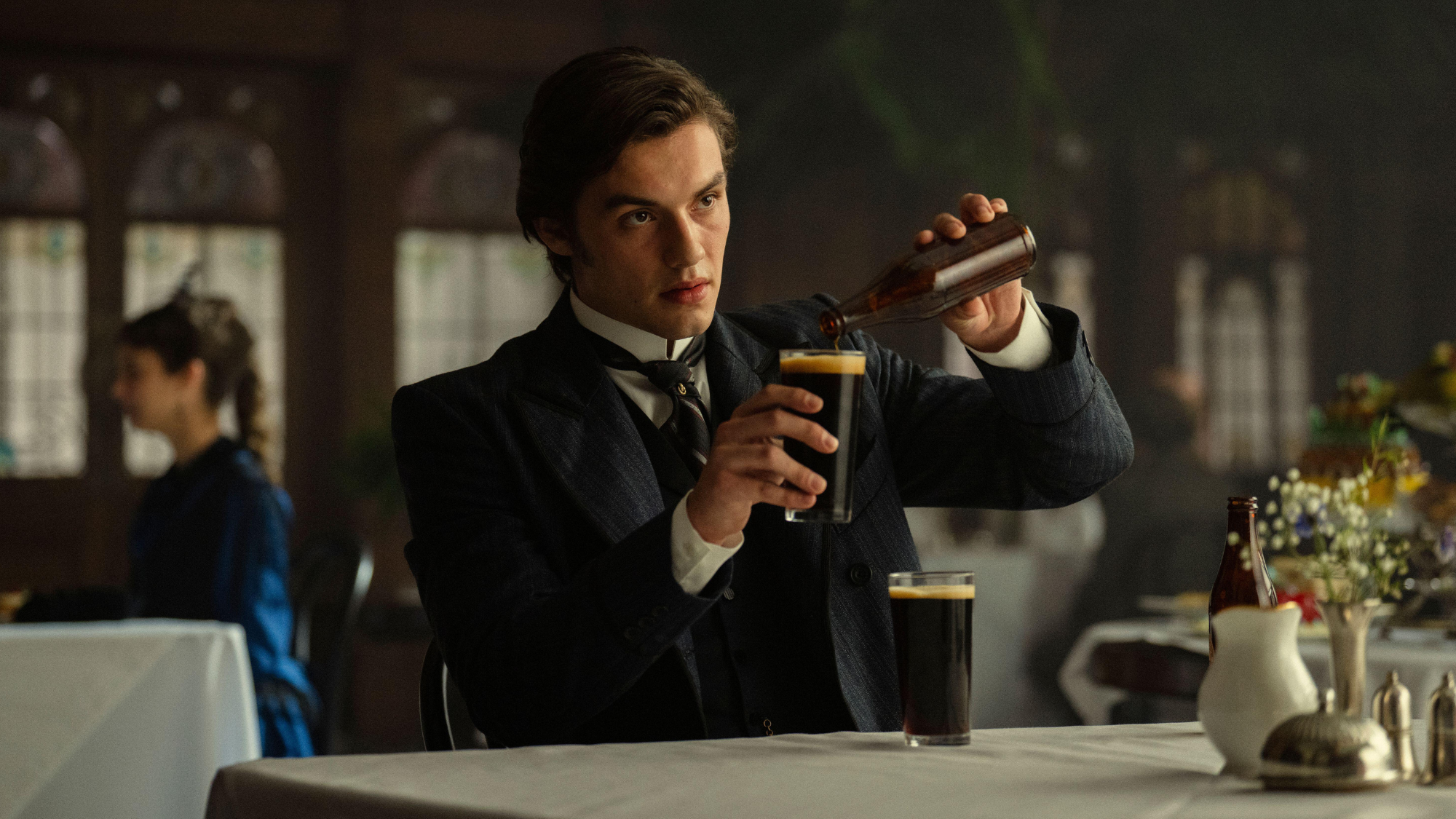How historically accurate is House of Guinness?
The glossy Netflix show about the family behind the world-famous stout mixes fact with fiction

A free daily email with the biggest news stories of the day – and the best features from TheWeek.com
You are now subscribed
Your newsletter sign-up was successful
From violence and explosions to “loads and loads of swearing”, “there are some things you expect from a historical drama written by Steven Knight”, said Pat Stacey in The Irish Independent. The creator of “Peaky Blinders” is known for his dark, gritty shows with glossy production values. “One thing you never expect, and never get, is fidelity to the historical facts.”
Knight’s latest “rip-roaring” show, “House of Guinness”, about the family behind the world-famous stout, is “hurling around falsities like barley grains in a brewery”, said James Jackson in The Times. “Or is it?”
Male lovers and sexy Irish revolutionaries
The series begins with a “full-blown riot” breaking out between nationalist Fenians and Guinness brewery workers in the streets at Sir Benjamin Lee Guinness’ funeral, said The Times. But “this never happened”, Adrian Tinniswood, author of “The Houses of Guinness”, told the paper. While it was an enormous affair with “something like a thousand people lining the streets” to pay their respects, the “burning effigy” of Sir Benjamin and “baying mob” have been added for dramatic effect. And though the family’s “ruthless fixer” and “attack dog” Sean Rafferty (James Norton) is certainly a “compelling character”, he is an invented one.
The Week
Escape your echo chamber. Get the facts behind the news, plus analysis from multiple perspectives.

Sign up for The Week's Free Newsletters
From our morning news briefing to a weekly Good News Newsletter, get the best of The Week delivered directly to your inbox.
From our morning news briefing to a weekly Good News Newsletter, get the best of The Week delivered directly to your inbox.
As for Arthur Guinness being stuck in a “sexless transactional” marriage and cheating on his wife, Lady Olivia Hedges-White, with “several male lovers” including the godson of William Gladstone, there is “no evidence” to suggest he was gay, said Harry Howard in the Daily Mail. In fact, “Arthur and his wife are known to have been a happy couple”.
There is also no record of Arthur’s younger brother Edward falling in love with a Fenian activist, as he does in the series. “Steven Knight seems to have a thing for fictional sexy female Irish revolutionaries”, said The Irish Independent. In “Peaky Blinders” Charlotte McKenna played “manic pixie IRA dream girl Captain Swing”, this time Niamh McCormack was brought in as the “flame-haired IRB babe Ellen Cochrane” who “lures Edward into bed”.
Edward didn’t come up with the harp symbol for the Guinness brand, either. The truth is, while it was a “savvy” move to use the Irish heraldic symbol to market the stout, Edward was just 15 at the time it began appearing on bottles in 1862 and “it is not known whose idea it was”, said Alexander Larman in The Telegraph. The (spoiler alert!) “suitably tense” ending involving an assassination attempt on a key member of the Guinness family also never happened.
Philanthropy and electoral fraud
It is largely true, though, that Benjamin Guinness’ will divided his fortune between his oldest and youngest sons, stating that they must run the brewery together or forfeit their inheritance. The brewery mogul was “trying to preserve the business” for his family, Tinniswood told The Times. Still, it was more “complicated” than its portrayal in the show and, “much later”, Arthur was able to sell his half-share of the business to Edward.
A free daily email with the biggest news stories of the day – and the best features from TheWeek.com
Much to Rafferty’s alarm, in the show Edward creates a pension scheme for his workers in the show. This is “rooted in truth”, said The Times. Although it isn’t clear whether he actually set up a scheme, the businessman did treat his workers in an “uncharacteristically generous” way, giving £500,000 to build employee housing in London and Dublin, Tinniswood said. He may have had “mixed” motives, though, as he was trying to “climb the social ladder” and secure a peerage at the time.
It’s also true that Arthur was tried for electoral fraud. The businessman found himself at the heart of a “sensational” trial in 1869, when a “packed-out courtroom” heard how he paid a team of campaigners to “swing the election in his favour”, said Matt Blake in Empire.
And the Guinness family really were “staunchly pro-union”, supporting British rule. Britain was a huge market for the brewery so this made “financial sense”, and the Irish independence movement threatened the social order that protected their wealth. “But it was more than just business.” Benjamin Lee “longed” to be accepted by the English aristocracy and Arthur would later go on to become the first member of the Guinness family to sit in the House of Lords and was made a Knight of the British Empire: “the ultimate status symbol of the Victorian elite”.
Irenie Forshaw is the features editor at The Week, covering arts, culture and travel. She began her career in journalism at Leeds University, where she wrote for the student newspaper, The Gryphon, before working at The Guardian and The New Statesman Group. Irenie then became a senior writer at Elite Traveler, where she oversaw The Experts column.